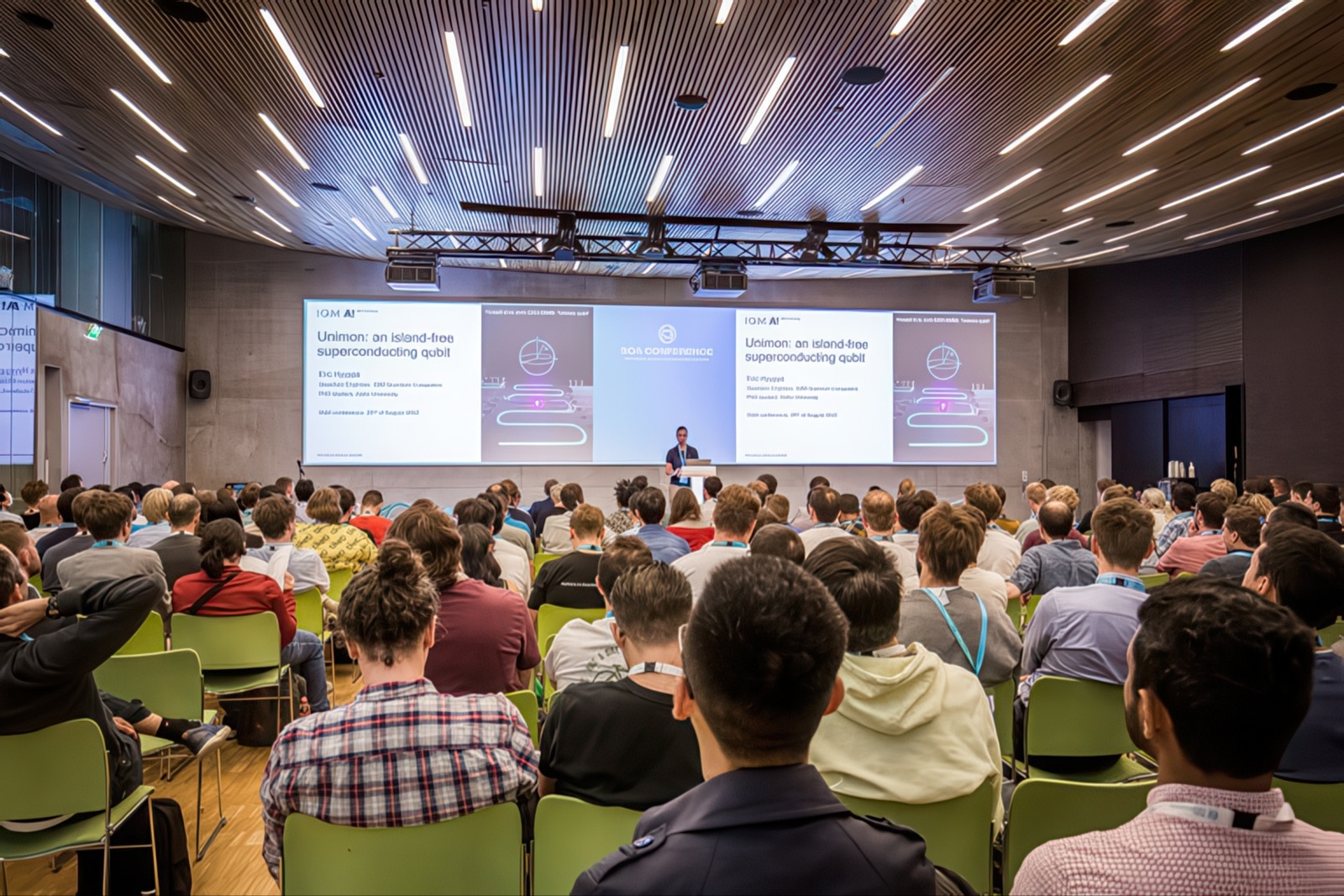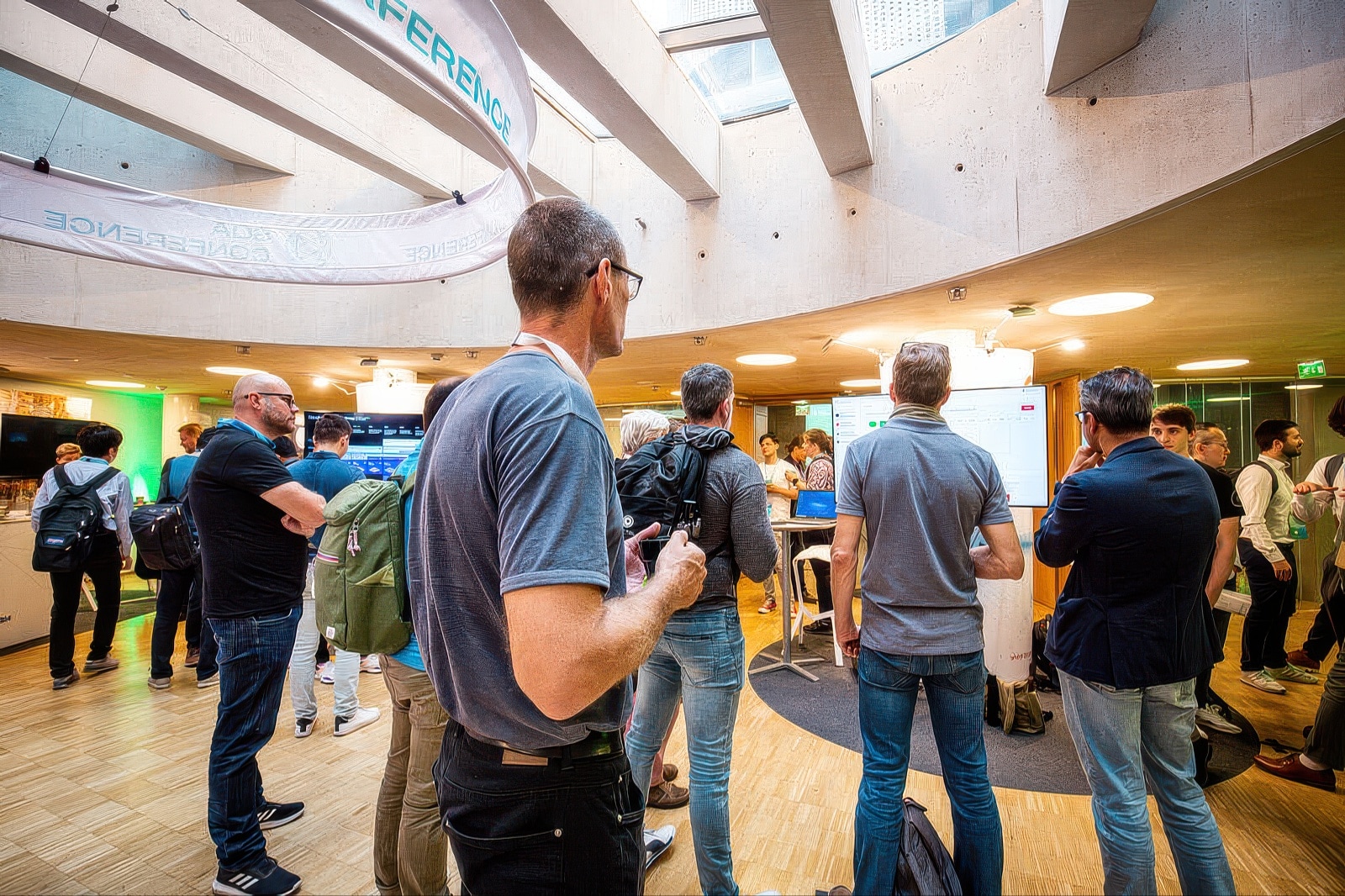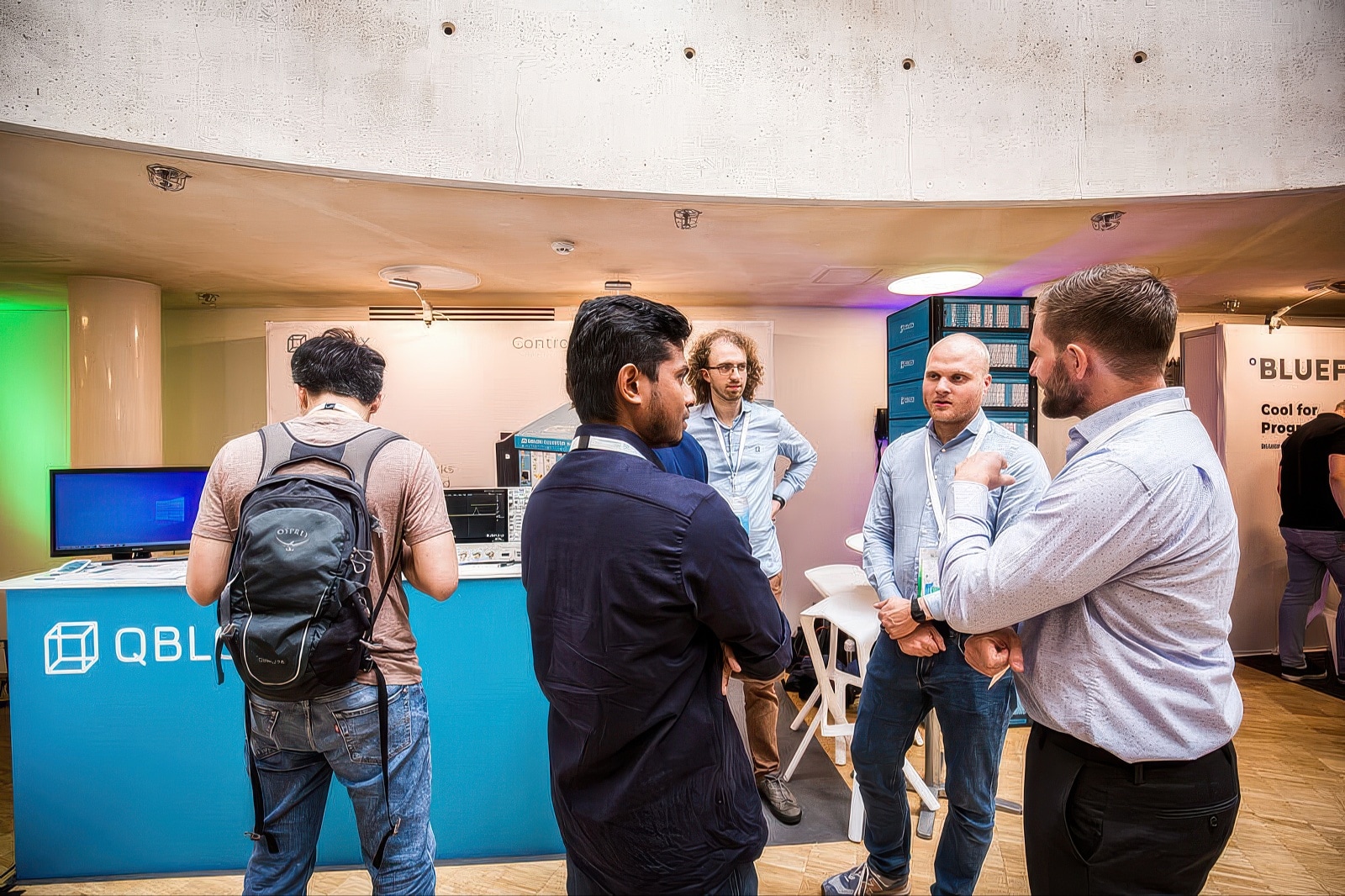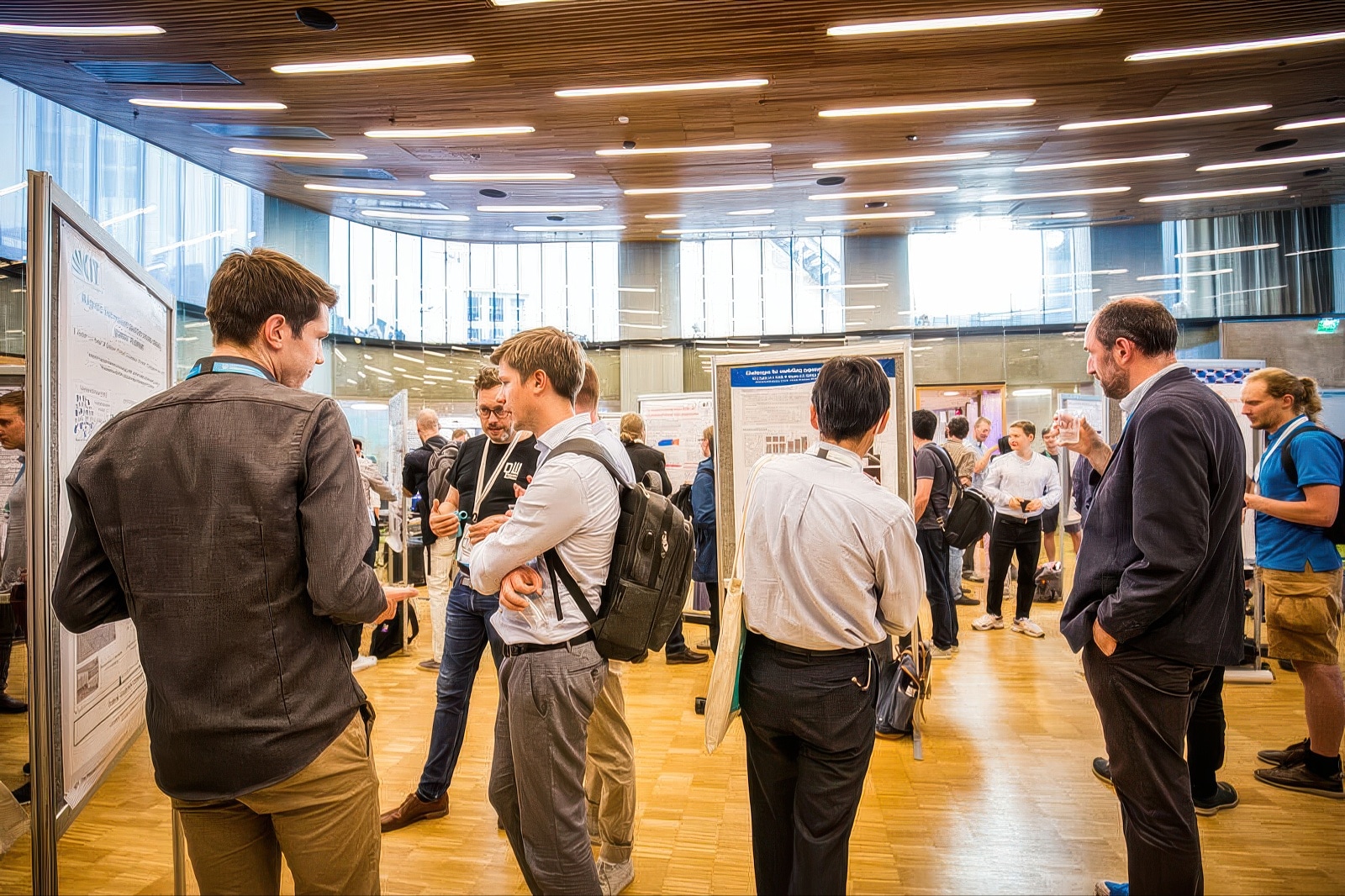Economic and security considerations are driving a competition for leadership in the creation of next-generation technology as quantum computing gathers momentum.
With the United States and China setting the pace, European states are under pressure to raise their game, despite Europe’s significant investments in initiatives in the sector.

Since 2010, Europe has led other regions in research contributions to quantum computing. This progress gives some industry players at the SQA Conference 2022, held in Helsinki in August on superconducting qubits and algorithms, confidence that Europe is well positioned to compete and take a lead in quantum computing.
In Europe, because we lost out in classical computing, we have an opportunity to leapfrog in quantum computing. But at the same time, we must remember that we have a fraction of the capital available to the US, China, etc. ”
And we also must remember that not all the time the people with the biggest cash piles win. So, we need a good combination of cash and a well-planned strategy, and the smart thing, I think, is that the European companies need to work very closely together and not duplicate efforts,” says Vishal Chatrath, Co-founder at QuantrolOx, an Anglo-Finnish spinout from Oxford University.

Image: A Quantrolox representative in a chat with participants at the exhibition area about the company’s solution at SQA Conference 2022.
With £1.4 million raised to speed up the creation of scalable quantum computing, Vishal, who is leading QuantrolOx, continues:
I can easily see a situation where there are five competing ideas for towards one goal, and that’s good. However, we need to be objectively look at them and get behind the best ideas while the rest focus on other big problems. I can assure you that we don’t lack big problems to solve in quantum!”
Are you really going to be the best? And so, if not, then there are a hundred more problems to solve. And please go into that, because at the end of the day, our competition is not each other. So, we should work towards more kinds of open architectural innovation, and that’s where Europe has a strength.”
With excellent scientific and technical expertise in creating a wealth of talent that attracts investors, quantum physicist Niels Bultink, who is also CEO and Co-founder at Qblox, thinks Europe is in a very good place now to take a lead in quantum computing.

Image: Qblox representatives in conversation with some participants at SQA Conference 2022.
There is a very good ecosystem for quantum start-up companies, and it is also very well supported by the government. And if you look internationally, I think there is a bit of a difference. For instance, in the USA, there’s a good start-up ecosystem as well, but there are just a few very well-funded big companies, whereas in Europe there are many more companies with much better specializations. So, there’s a different type, and I think it’s very fruitful.”
In addition to government backing, the European Union has taken several supportive actions to promote private investment and aid the growth of European quantum technology companies. The EIC Accelerator is one such initiative that offers equity investment to businesses via the European Innovation Council. The European Investment Fund is also selecting intermediaries to invest in enterprises using quantum technology through the InvestEU initiative, which is another example.
The European Chips Act, which the European Commission proposed in February 2022 with the aim of raising the EU’s global chip manufacturing share to €43 billion, may also offer further aid for enterprises in scaling-up, and this should include some quantum technologies.
Furthermore, member states have taken steps to expand national investment in quantum technology. Italy is currently making the first moves using money from the pandemic recovery fund, but Germany and France have declared plans to invest, respectively, €2 billion, and €1.8 billion to promote quantum research and development.
What we are doing in Europe is building an ecosystem that is wider than one country. Europe is broader than other countries, and we need to work together, and this conference is really an excellent example of how people are open and willing to share data and ideas and looking for ways to work together.
And I think that is essential because an ecosystem-based approach is inherently more resilient,” says the Director of Research and Development and Co-founder at Orange Quantum Systems, Adriaan Rol.
Europe has been strong in research and is a top place for talent. “But we need to focus more on developing this quantum industry centred on hardware, and we need to make all the research money that is being invested translate into a viable business case for these hardware companies because the final machine is not there yet,” adds Adriaan.
He reckons most European quantum start-ups will see a massive transition from science to industry in the next three to five years.
If I look at the current companies, I see a lot of research scientific groups with different ways of funding. But I think things like quality assurance and engineering practice, how can you scale things up? I think we will grow into a more mature industry, and part of that would be that companies will very actively consider the buy or build. “Should we do this in-house, or should we procure it.”
In all areas of the value chain, there is still significant room for development in quantum computing, and there is no question that Europe is up to the challenge.
But collaboration has been essential to scientific innovation and discovery, and for Europe to dominate the global quantum race and profit economically, it is crucial that stakeholders such as industry players, academic institutions, and member states collaborate.
The four-day SQA Conference came to a triumphant conclusion with more than 200 international experts, policymakers, researchers, and business leaders present. You can watch the keynotes and sessions on the SQA Youtube channel and leave your comments.
Learn more about the SQA Conference here.

Image: Presenters in interaction with participants in the auditorium during the poster sessions.

Michael Sarpong Bruce is a Public Relations Manager at IQM Quantum Computers. He has over ten years of experience in marketing and communications across diverse industries, including mining, telecommunications, insurance and deeptech. He is also a former business journalist and has experience in public relations and media buying agencies.
Search faster—hit Enter instead of clicking.